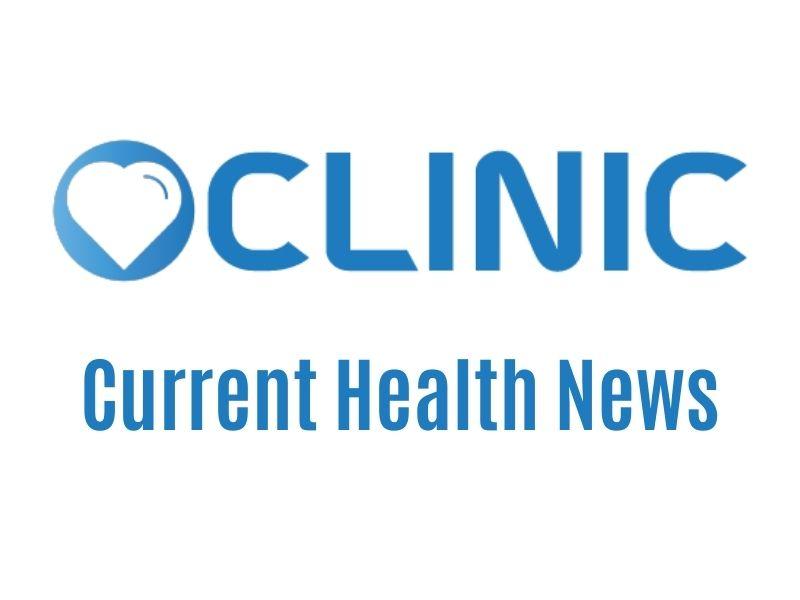Normal and Risky Pregnancy Follow-up
It is ideal for your first examination to be before you become pregnant. Your doctor may suspect that you have a disease that you are not even aware of while doing a general examination. It is the healthiest to allow pregnancy after it is detected and pre-pregnancy treatment is provided.
If you have not had a pre-pregnancy examination or if you have been pregnant unplanned, you should check with your doctor as soon as you realize your pregnancy to confirm that you are really pregnant and whether it is a healthy pregnancy.
The purpose of this control is to determine the unusual conditions and risk factors that may develop during pregnancy, delivery or postpartum. , ovarian cyst, infections), conditions of previous pregnancies (miscarriage, birth with anomalies, ectopic pregnancy, stillbirth-premature birth) are questioned in this examination. Information is given about the dose adjustment of regularly used drugs according to pregnancy, dietary habits, smoking and alcohol use, and changes to be made in exercise habits. Necessary blood tests are performed as deemed appropriate by your doctor.
In our hospital, pre-pregnancy examination, information and necessary examinations are carried out, so that all conditions that may affect pregnancy can be determined beforehand and necessary precautions can be taken.
In the period from pregnancy detection until delivery, 4-dimensional color Doppler ultrasonography examination of the baby at each control, weight measurement of the mother-to-be, blood pressure measurement, and the current complaints of our patient, if any, are evaluated and necessary examination and treatment is arranged. All of the tests and scans that should be done during pregnancy can be done in our hospital.
What is a high risk pregnancy?
Pregnancies with an increased likelihood of any problems that endanger the life or health of the mother or her baby during pregnancy, childbirth and the puerperium are ‘high risk’. Special and close monitoring or care is typically required throughout pregnancy.
Sometimes a high-risk pregnancy is the result of a medical condition that existed before pregnancy. Sometimes, a medical condition that developed during pregnancy for you or your baby puts the pregnancy at high risk.
Certain risk factors for a high-risk pregnancy include:
-
Advanced maternal age: Genetic disease (especially Down syndrome), frequency of cesarean section, postpartum hemorrhage, prolonged or non-progressive labor frequency increases in those who have pregnancy at the age of 35. These pregnant women are more prone to infection.
-
Adolescent Pregnancy: Pregnant women under the age of < 19 are called ‘adolescent pregnant’. Anemia, hypertension, threat of miscarriage, premature birth, growth retardation, low birth weight, increased cesarean rates are common in this age group.
-
Lifestyle choices. Smoking, drinking alcohol, and using illegal drugs can put a pregnancy at risk.
Alcohol: Alcohol passes directly to the baby. It should not be consumed while trying to conceive and during pregnancy. Alcohol-induced ‘Fetal alcohol syndrome’ has been described. This picture is a condition in which facial anomalies, low birth weight, hyperactivity, intellectual disorders, vision and hearing problems are seen.
Smoking: Smoking during pregnancy increases the risk of miscarriage and premature birth, the risk of congenital structural anomalies, the risk of sudden death, the possibility of low birth weight, and the risk of childhood lung diseases.
-
Maternal health problems and pregnancy-specific conditions: High blood pressure, obesity, diabetes, epilepsy, thyroid disease, heart diseases, anemia, asthma and existing infections can increase the risks of pregnancy.
Gestational Diabetes: Diabetes that develops during pregnancy is called ‘gestational diabetes’. With regular follow-up, diet and controlled weight gain, most pregnant women have an uneventful pregnancy. If diabetes is not controlled during pregnancy, risky conditions such as preterm birth, hypertensive disease of pregnancy, excess amniotic fluid, large baby, non-progressive labor, shoulder fixation, cesarean section and metabolic problems of the newborn may occur.
Hypertensive Diseases of Pregnancy: Other findings may be added to the pre-existing hypertension, and hypertension may develop after the 20th week of pregnancy for the first time. If the hypertensive disease of pregnancy is not treated, it can cause vital organ damage such as brain, liver and kidney, maternal/fetal death, growth retardation, premature birth, low birth weight and long-term health problems in the mother.
Multiple Pregnancy: The frequency of multiple pregnancy increases in those who become pregnant with assisted reproductive techniques such as in vitro fertilization. In multiple pregnancies, all pregnancy-specific problems are increased. The higher the number of fetuses, the greater the risks.
-
Pregnancy complications: An abnormal position of the placenta, IUGR and Rh incompatibility
-
Pregnancy history: If you have had preeclampsia, preterm birth, and similar conditions in your previous pregnancies, you may be at risk for the same conditions in your next pregnancy.
Do I need special tests?
-
Detailed or targeted ultrasound
-
Prenatal cell-free fetal DNA (cfDNA) screening
-
Invasive genetic screening: Your healthcare provider may recommend amniocentesis or chorionic villus sampling (CVS).
Some prenatal diagnostic tests, such as amniocentesis and chorionic villus sampling, carry a small risk of pregnancy loss. The decision to have these tests is up to you and your partner.
-
ultrasound to measure cervical length
-
lab tests
-
Biophysical profile: May also include ultrasound to assess fetal health or NST (nonstress testing), depending on the results of the ultrasound.
Good pregnancy follow-up helps identify potential risks. While a proper medical history and first detailed examination determine the initial risks, regular follow-ups ensure early recognition of conditions that may develop during pregnancy. If necessary, support can be obtained from relevant branch specialists or high-risk pregnancy specialists. Eating healthy during pregnancy, avoiding smoking and alcohol, exercising regularly, going to regular pregnancy follow-up and listening to your doctor’s advice will provide the best care for you and your baby.

